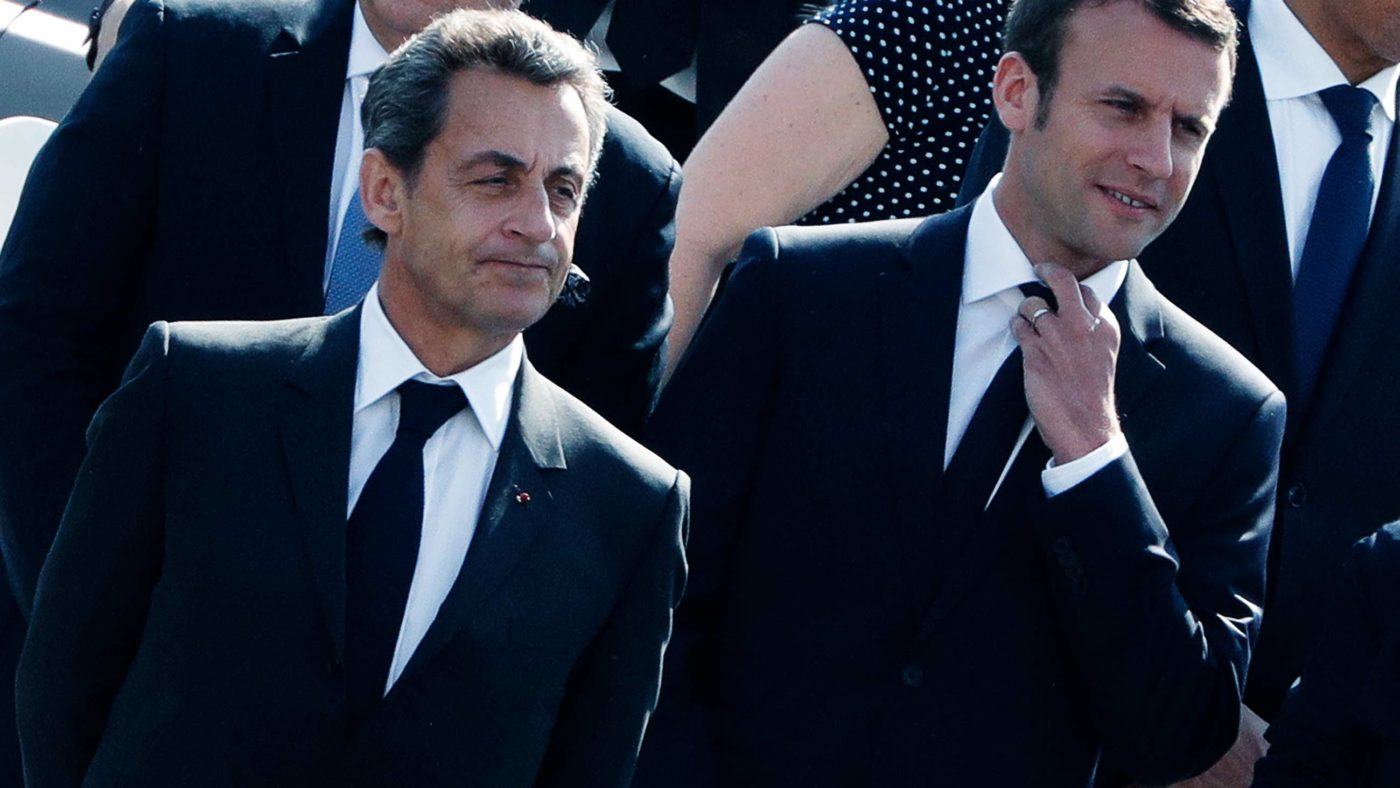Even if it came against a divisive and disliked opponent, Emmanuel Macron’s victory over Marine Le Pen represented substantial support for his policy platform.
His proposed reforms may be popular, but the youngest president in the history of the French Republic, who ran as an independent promising major change, has a major problem to overcome in the next month or so. He doesn’t have a party that can assure him the parliamentary majority he needs to govern.
His newly created En Marche is more a movement than a party and, so far, only served as a campaign platform for his presidential run. Considering that the first round of the legislative elections will be held on 11 June, building up enough political support in the different constituencies will be difficult. On Wednesday. Macron will reveal the list of his 577 candidates for parliament. Half are said to be “party politicians”, while the other half are “members of civil society”. No specific names have been leaked so far.
In order to gain influence in the French National Assembly, Macron hopes to unite moderates of all parties behind him. For now, he can count on the centrist Democratic Movement as well as a handful of Republicans on the left of their party and Socialists who supported his presidential run.
For all the excitement that surrounds En Marche, the Republicans hold out hope for being the largest party. While polls point to En Marche doing well, 50 per cent of French voters prefer “cohabitation”, meaning that the president does not get the parliamentary majority he needs to implement policy.
In the light of these developments, loyal supporters of former president Nicolas Sarkozy, who himself has disappeared from the public eye since he failed to win the Republic primary, are now rallying their troops for an effective run in June. After François Fillon had declared that he would “not lead the battle for the parliamentary elections”, François Baroin and Laurent Wauquiez, Sarkozy allies who blame Fillon for his disastrous campaign management, quickly rose to the top of the party.
Sarkozy’s former Labour Minister Eric Woerth spoke for many in the party when he expressed his contempt for the Fillon-campaign on Twitter: “We will have the debates during the parliamentary elections that we didn’t have during the presidential elections.”
In contrast to Fillon, the self-appointed new leaders Baroin and Wauquiez abstained from an official Republican call to vote for Emmanuel Macron in the second round, fearing it might upset right-wing voters. They merely pointed out that they “personally” voted for Emmanuel Macron. In fact, members of the very conservative Manif Pour Tous movement, which opposes same-sex marriage, were far more likely to support Le Pen than it was to root for Macron.
But even as Sarkozy’s allies fill the vacuum left by Fillon’s departure, the man himself is nowhere to be seen. Meanwhile, his advocates tour the country and fill the conservative seats on TV shows, criticising moderates who feel drawn to Macron.
If the Republicans continue this journey “back to the roots” of French politics, president-elect Emmanuel Macron is in for a wild political ride
Laurent Wauquiez, who is now supposed to lead the fight for the legislative branch, is a Eurosceptic at heart who wants to leave the Schengen area and get rid of the euro. These conservatives are sure to be hostile to an unashamedly pro-EU Macron presidency.
If the Sarkozy wing of the Republicans manages does well in the legislative elections, then president Macron will be confronted with a hostile Parliament that does not compromise on the EU, rejects social liberalism and wants to cut spending more drastically than his very moderate and toothless manifesto promises.
It seems likely that the different branches of government will end up at odds with each other, rendering any kind of major policy changes impossible. But given the kind of disastrous decisions functional French governments have taken, “cohabitation” might be what the country needs.


